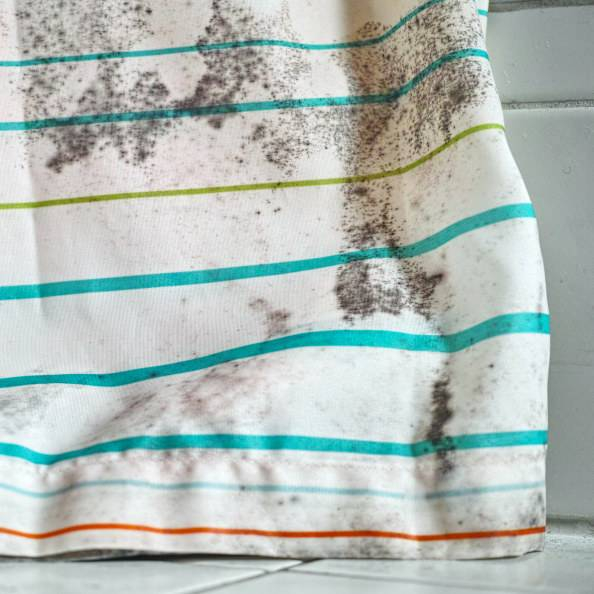At the beginning of 2020, Covid-19, which everyone is experiencing, has made people pay more and more attention to the hygiene requirements of life such as antibacterial. Antimicrobial material is a kind of new functional material which can kill or inhibit microorganism.
In nature, there are many substances themselves have good bactericidal or inhibitory functions, such as some organic compounds with specific groups, some inorganic metal materials and their compounds, some minerals and natural substances. But at present, antibacterial materials refer to a new type of functional materials that can inhibit or kill bacteria on the surface by adding certain antibacterial substances (known as antibacterial agents), such as antibacterial plastics, antibacterial fibers and fabrics, antibacterial ceramics, antibacterial metal materials, etc.

Inorganic antibacterial agents
Using the antibacterial ability of silver, copper, zinc and other metals, by physical adsorption ion exchange and other methods, silver, copper, zinc and other metals (or their ions) are fixed on the surface of fluorspar, silica gel and other porous materials to make antibacterial agents, and then it is added to the corresponding products to obtain the antibacterial ability of materials. Mercury, cadmium, lead and other metals also have antibacterial ability, but are harmful to human health; Copper, nickel, cobalt plasma with color, will affect the appearance of the product, zinc has a certain antibacterial, but its antibacterial strength is only 1/1000 of silver ion. Therefore, silver ion antimicrobial agents occupy a dominant position in inorganic antimicrobial agents.
Organic antibacterial agents
The main varieties of organic antibacterial agents are vanillin or ethyl vanillin compounds, often used in polyethylene food packaging film, play an antibacterial role. In addition, there are acyl anilines, imidazole, thiazole, isothiazolidone derivatives, quaternary ammonium salts, diguanthus, phenols and so on. At present, the safety of organic antimicrobial agents is still under study. Generally speaking, organic antibacterial agents have poor heat resistance, easy hydrolysis and short period of validity.